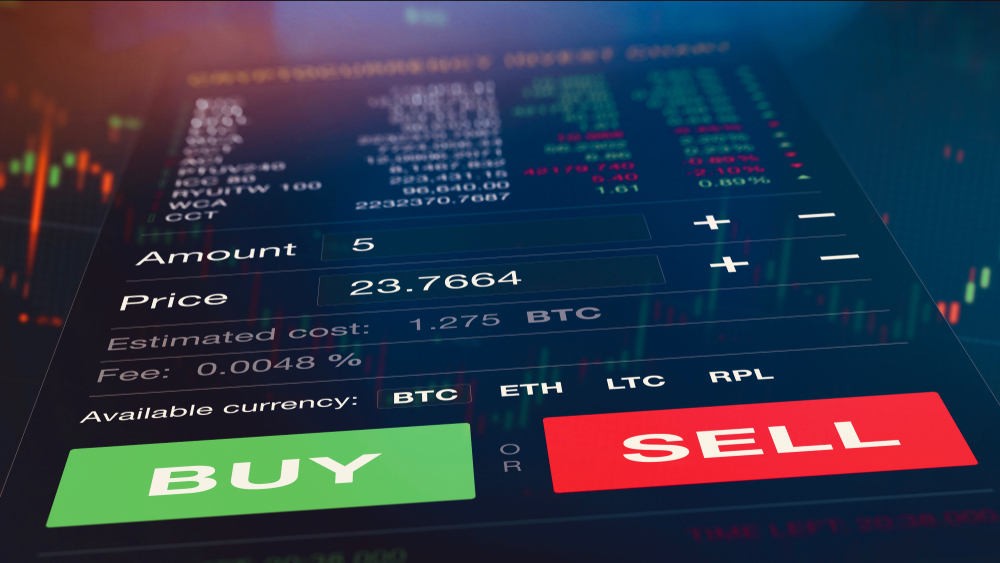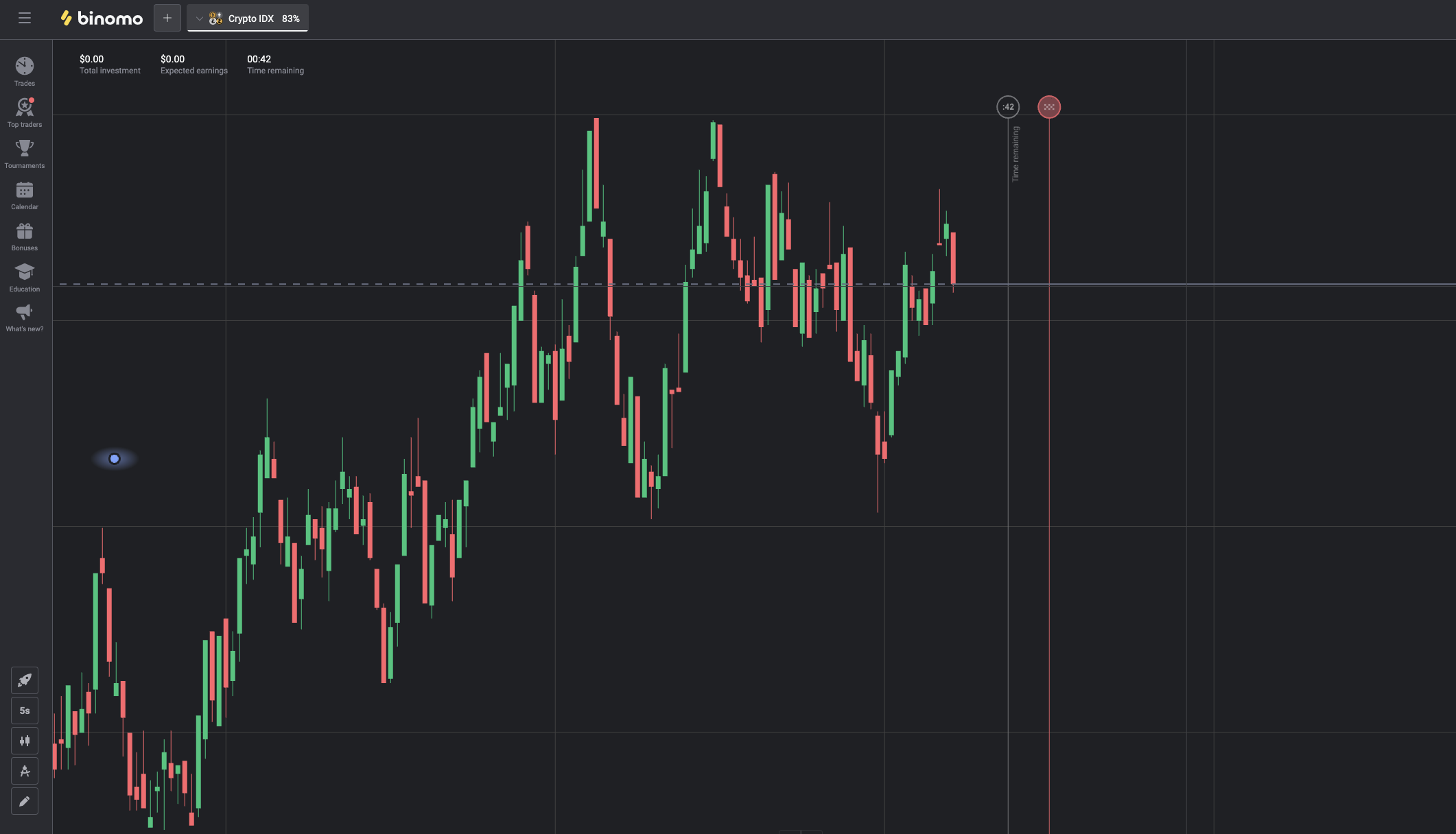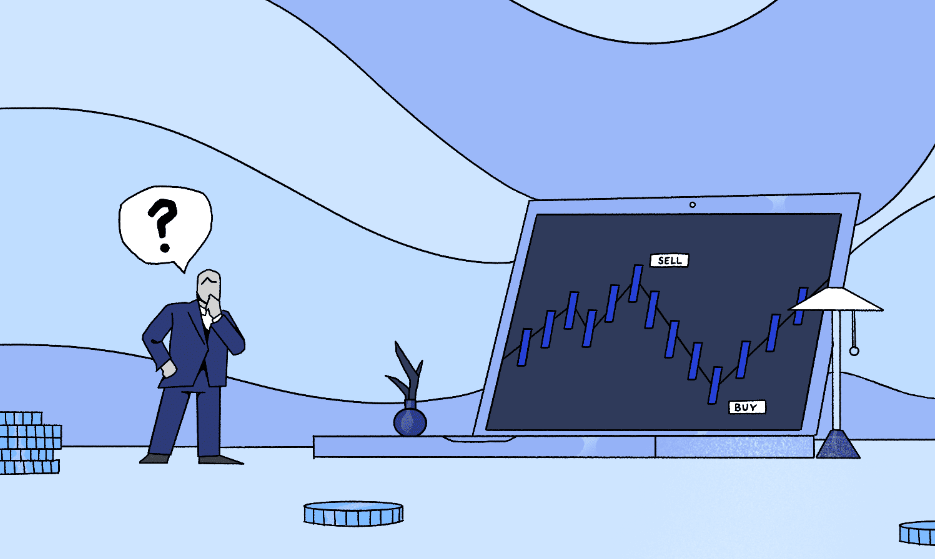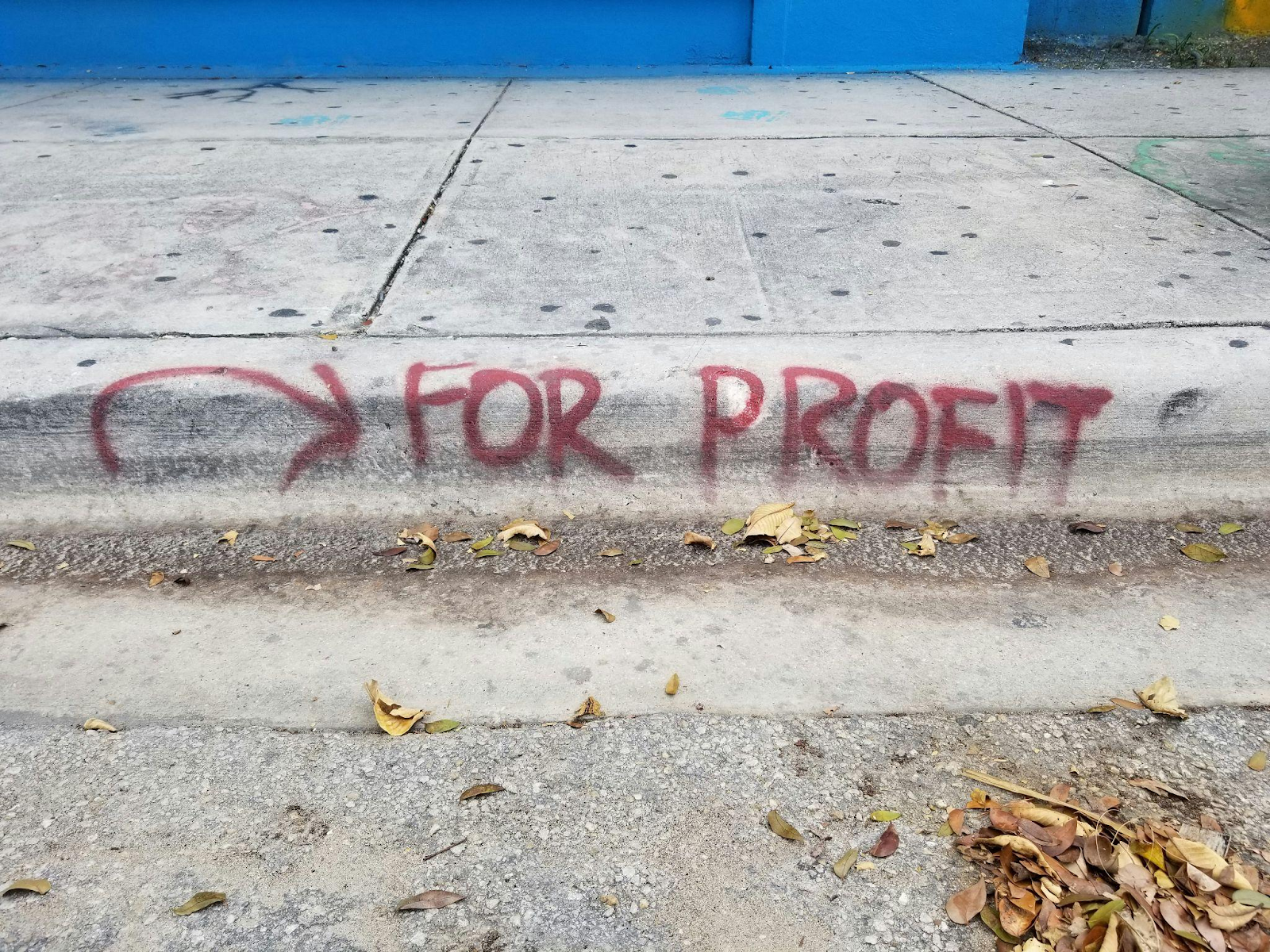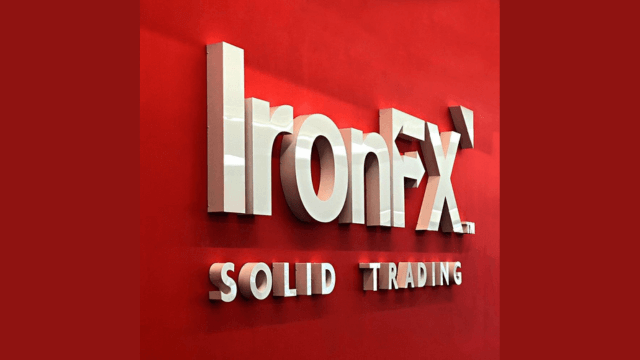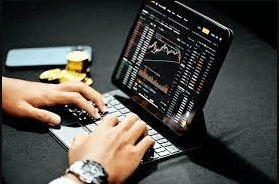How to Start Forex Trading and Determine Your Minimum Budget
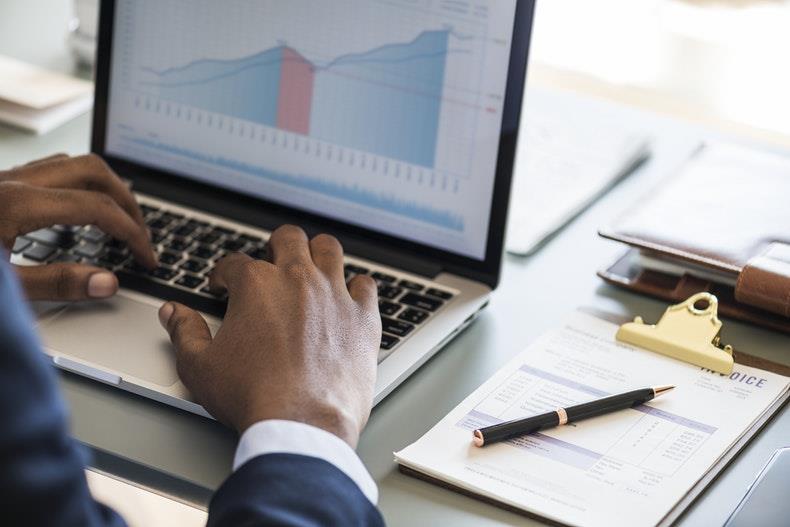
Forex trading, the exchange of one currency for another, offers a world of opportunities for those looking to dive into the world of financial markets. Whether you’re intrigued by the potential for profit or seeking a new way to diversify your investment portfolio, forex trading can be both exciting and lucrative. In this article, we’ll explore the steps to start forex trading and discuss how to determine your minimum budget for this endeavor.
Step 1: Education is Key
Before you venture into forex trading, it’s crucial to educate yourself about the basics. Forex trading involves understanding currency pairs, how exchange rates work, and the factors that influence them. There are various educational resources available and you can consult forex educators to get online courses, books, webinars, and forums. Dedicate time to learning and absorbing as much information as possible.
Step 2: Select a Reputable Forex Broker
Choosing the right forex broker is a pivotal decision. Your broker will provide the trading platform, access to the forex market, and various tools and services. Here are some factors to consider when selecting a broker:
Regulation: Ensure the broker is regulated by a reputable authority. This provides a level of security for your funds and ensures the broker operates within specific guidelines.
Trading Platform: The trading platform is your portal to the forex market. Popular platforms like MetaTrader 4 (MT4) and MetaTrader 5 (MT5) are widely used for their user-friendly interfaces and analytical tools.
Fees and Commissions: Review the broker’s fee structure, including spreads (the difference between buying and selling prices) and any commissions. Lower fees can significantly impact your trading costs.
Customer Support: Access to responsive customer support is essential. You may encounter technical issues or have questions about your trades, and a reliable support team can be a lifesaver.
Step 3: Develop a Trading Strategy
A well-defined trading strategy is crucial for success in forex trading. Your strategy should outline your trading goals, risk tolerance, and preferred trading style (e.g., day trading, swing trading, or long-term investing). Consider factors like technical and fundamental analysis, as well as risk management techniques.
Step 4: Practice with a Demo Account
Before risking real capital, most brokers offer demo accounts. These accounts allow you to trade with virtual money, providing a risk-free environment to practice your strategies and get familiar with the trading platform.
Step 5: Determine Your Minimum Budget
Now, let’s discuss how to determine your minimum budget for forex trading. The minimum budget can vary widely based on several factors:
Account Type: Forex brokers offer various account types, including standard, mini, and micro accounts. These accounts have different minimum deposit requirements. Standard accounts may require $1,000 or more, while mini accounts might only need $100. Micro accounts can have minimums as low as $10.
Risk Tolerance: Your risk tolerance plays a significant role in determining your budget. If you’re risk-averse, you might opt for a larger account size to accommodate smaller position sizes and lower risk per trade.
Leverage: Leverage allows you to control a larger position with a relatively small amount of capital. While it can amplify profits, it also increases the potential for losses. Determine your leverage wisely and consider how it impacts your minimum budget.
Trading Style: Your trading style influences your budget. Day traders may need more capital to cover potential losses in highly volatile markets, while longer-term traders might require less.
Risk Management: A crucial aspect of forex trading is risk management. You should never risk more than you can afford to lose. Calculate how much of your capital you’re willing to risk on each trade and adjust your budget accordingly.
Starting Small: If you’re new to forex trading or have limited funds, consider starting with a micro account or even a demo account. As you gain experience and build your confidence, you can progressively increase your budget.
In conclusion, forex trading offers a world of opportunities, but it’s essential to approach it with careful planning and education. Determine your minimum budget based on factors like account type, risk tolerance, leverage, and trading style. Starting with a smaller budget is acceptable, especially with micro accounts, but remember that successful trading requires discipline, continuous learning, and prudent risk management. By following these steps and managing your budget wisely, you can embark on your forex trading journey with confidence and potential for success.

